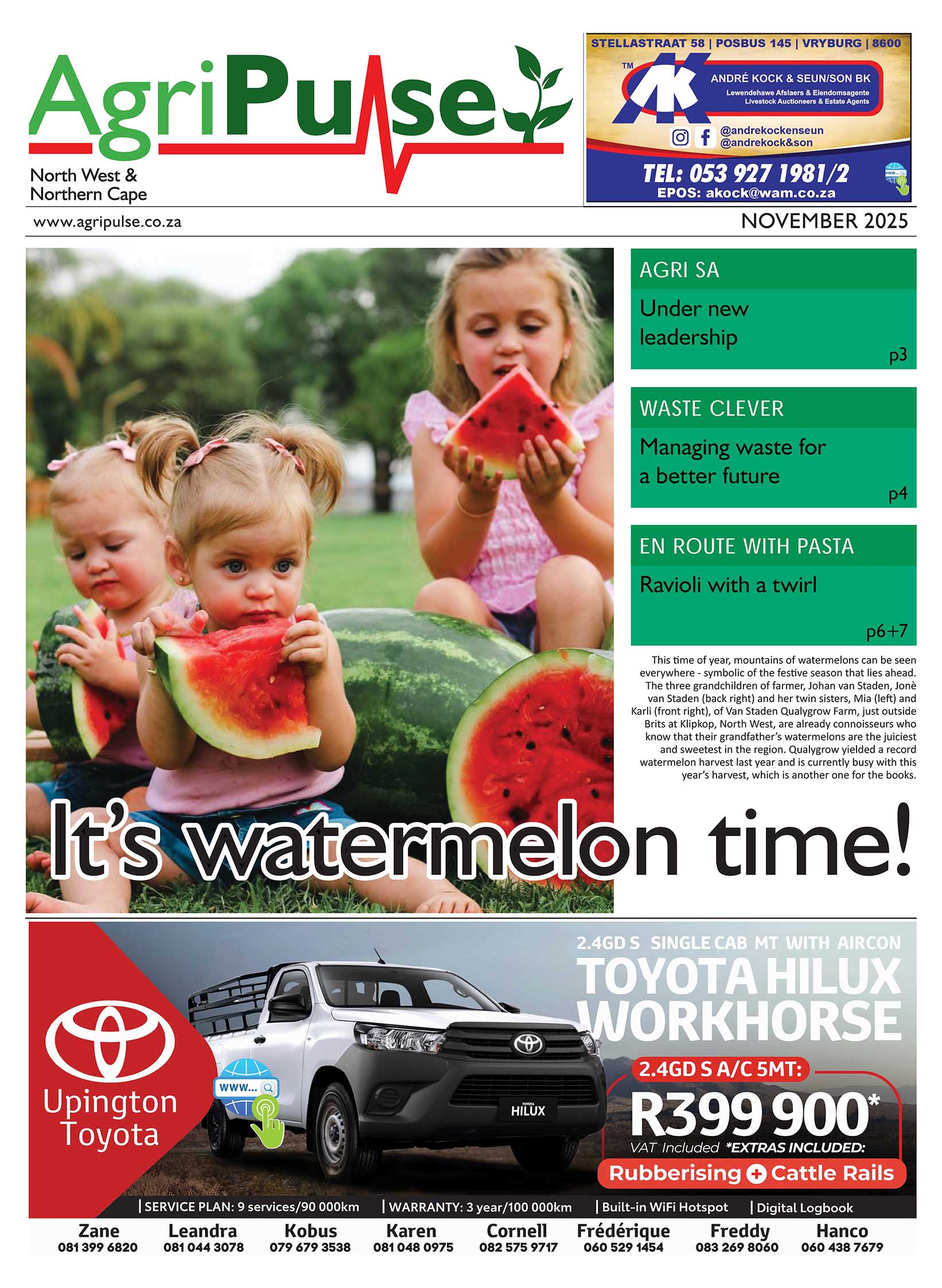Klerksdorp Midweek, Potchefstroom - A concert and lecture with a difference will be presented at The Conservatory. Well-planted garden of violinstic delights at 18:30 on Tuesday August 27 aims to show how the violin technique and the violin repertoire changed between 1650 and 1730, and at the same time explain why the music of this period was called rhetorical music.
As a consequence of the Thirty Years’ War, little to no violin repertoire was published in Germany and Austria prior to 1650. However, the violin repertoire dating from the second half of the seventeenth century shows that it must have been preceded by a solid violinistic tradition. Violin technique developed rapidly in southern Germany and Austria, particularly with regard to chordal playing. This was inextricably bound up with developments in the printing industry. Germany switched to copperplate engraving before Italy did; this technique allowed for more complex musical notation.
The style of the earlier works on this programme is often associated with Stylus Phantasticus. This term originally referred to an unfettered method of composition particularly suited to instrumental music, but nowadays it is more commonly used in reference to the freedom of approach in performing such music. It was, however, not until the 18th century that the term’s emphasis shifted to the freedom of performance.
From a performer’s point of view, it actually seems to be more obvious to view these works as being rhetorical in nature; the composer incorporates the devices that imply particular emotional states into the music. However, it is up to the performer to make these emotions explicit, so that they are aroused in the listener.
The essence of a rhetorical performance is that the listener should get the emotions without effort, the effort is on the side of the performers. In order to deliver particular emotions, the performers needs to be able to first feel the emotions themselves before they can deliver them. In the less cultivated and less structured 17th century style, the affects (emotions) change more often and quicker than in the 18th century, which requires a lot of changes in the delivery, which makes a lot of freedom in the delivery necessary.
Children and students are most welcome to attend free of charge, but are encouraged to donate a non-perishable food item to contribute to the NWU School of Music food bank.
Tickets are available at R120 per adult on Quicket.










